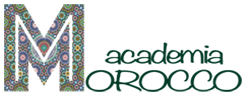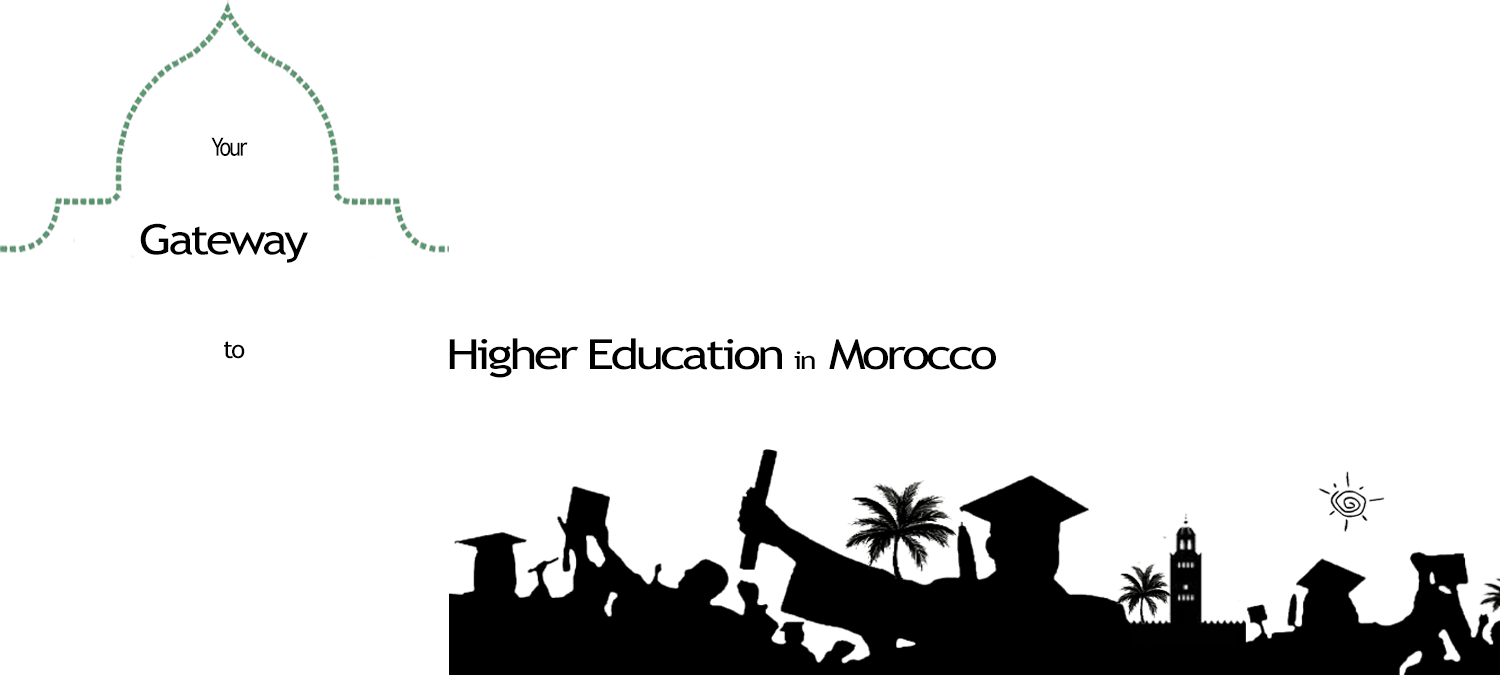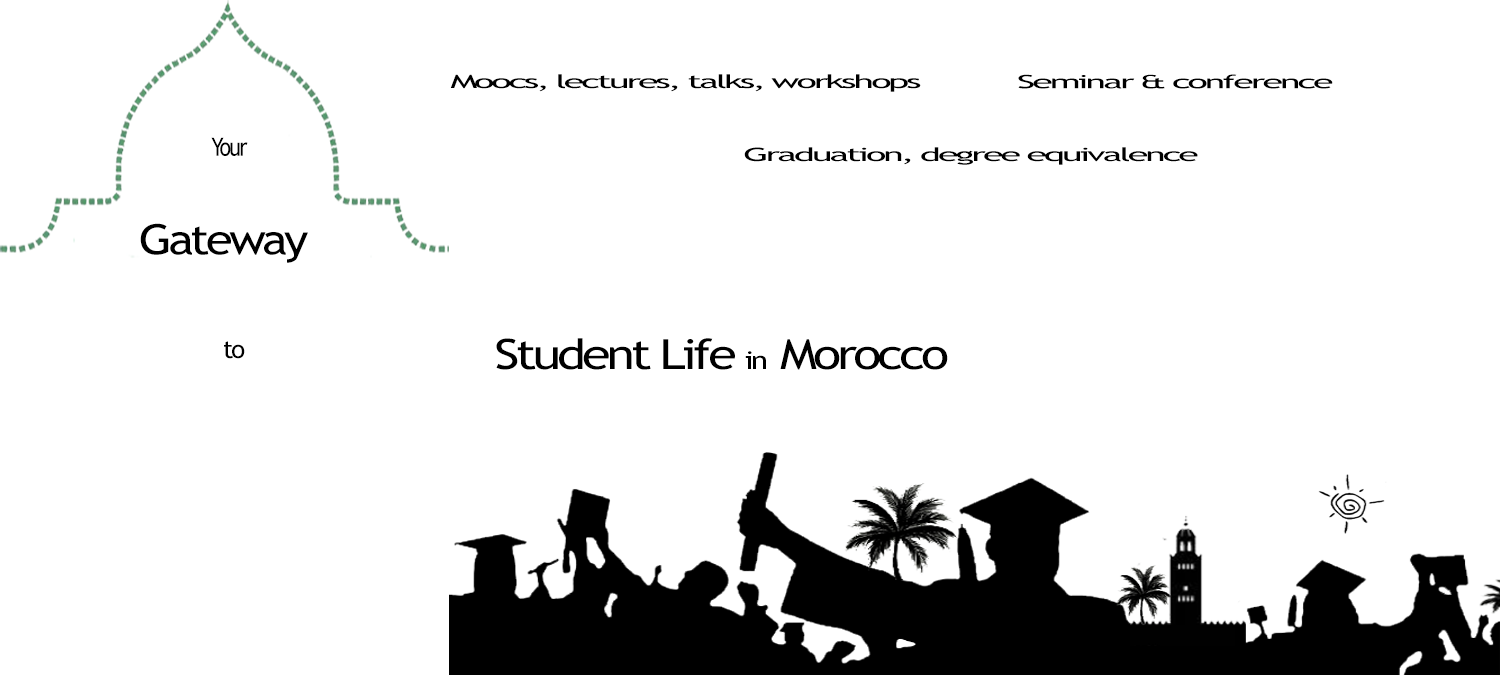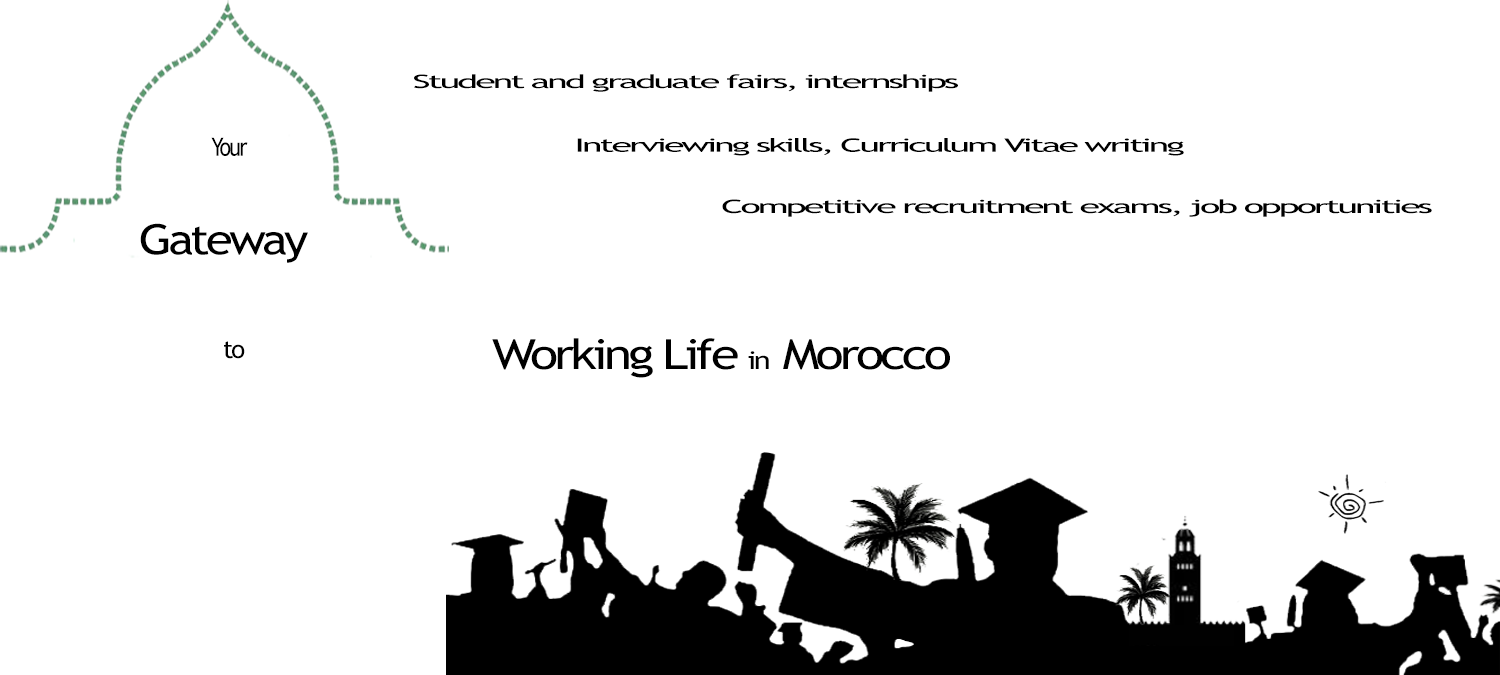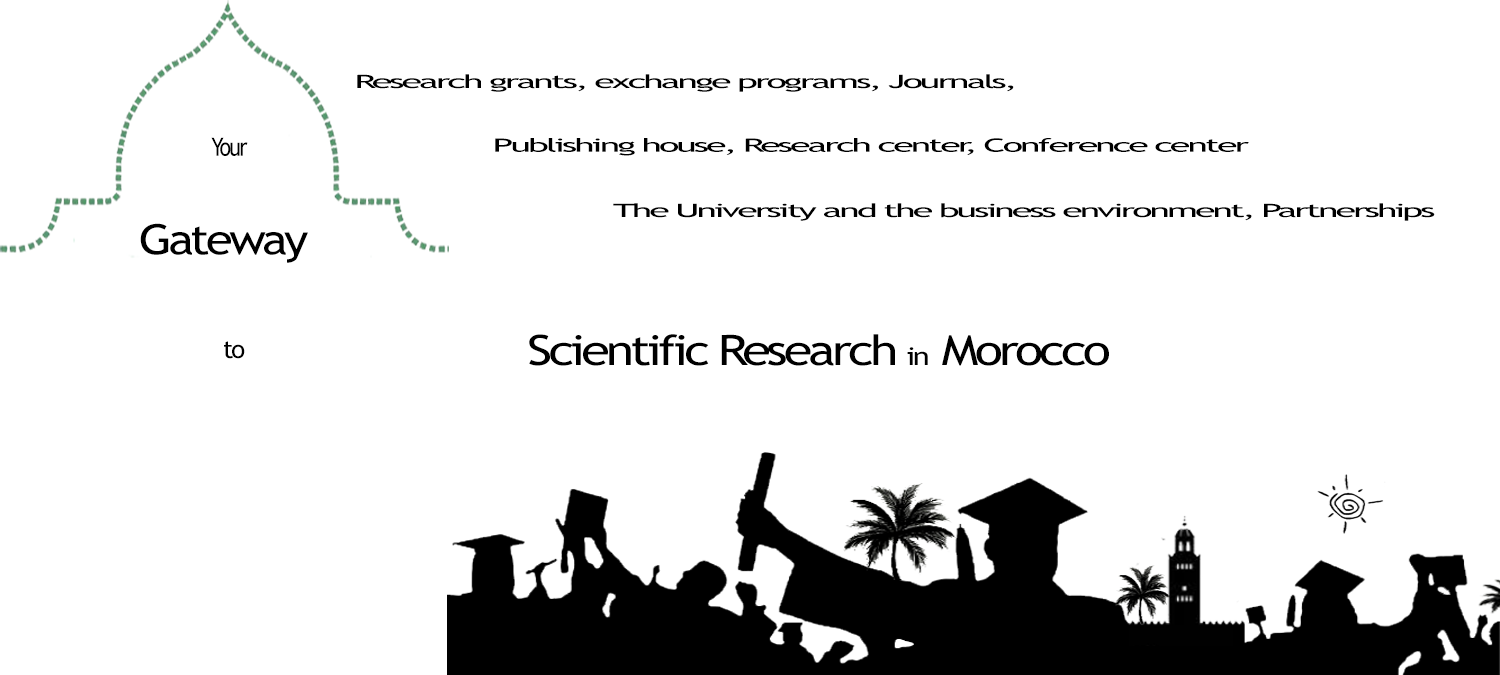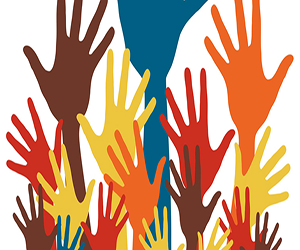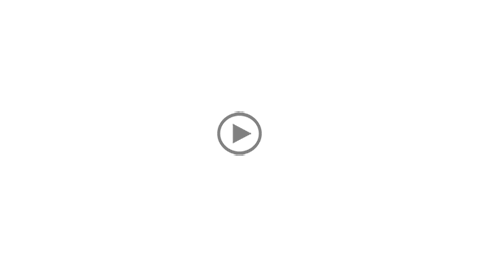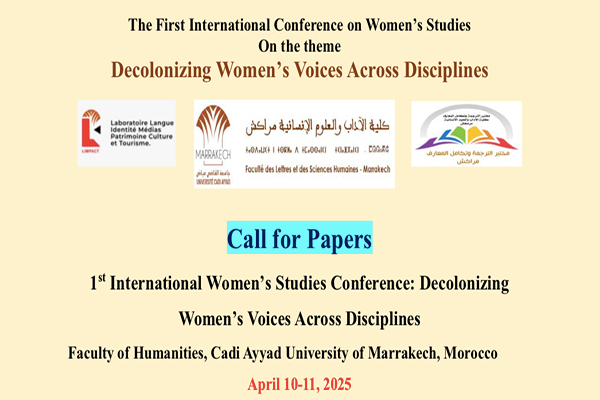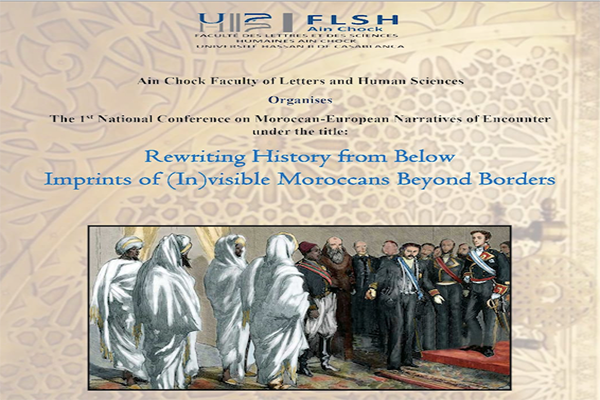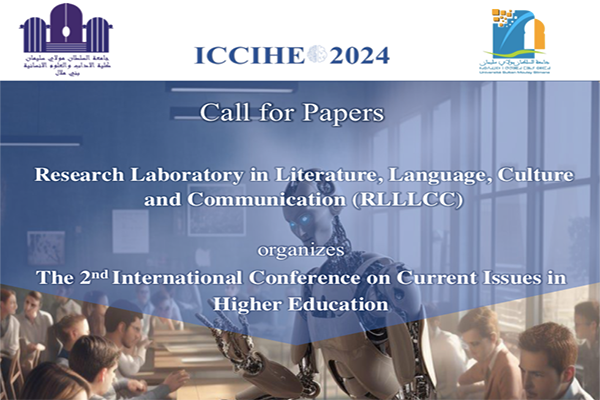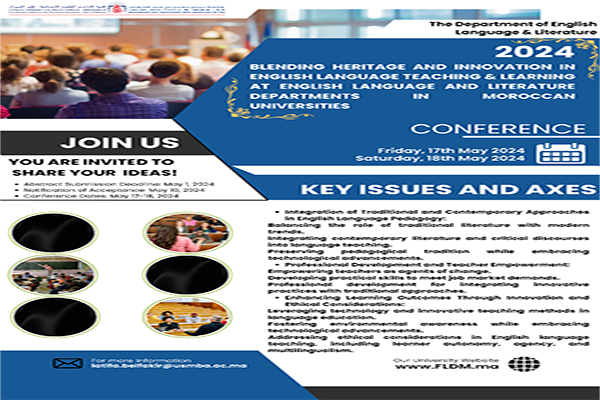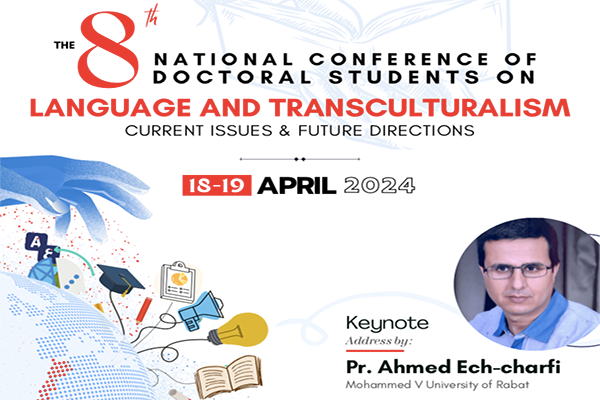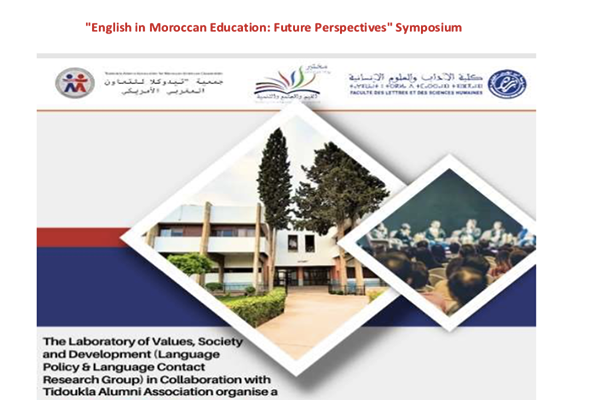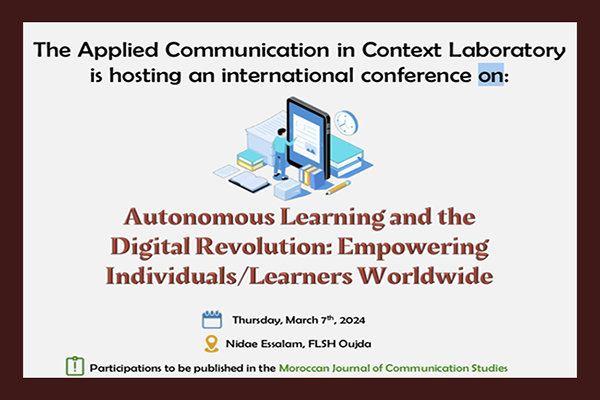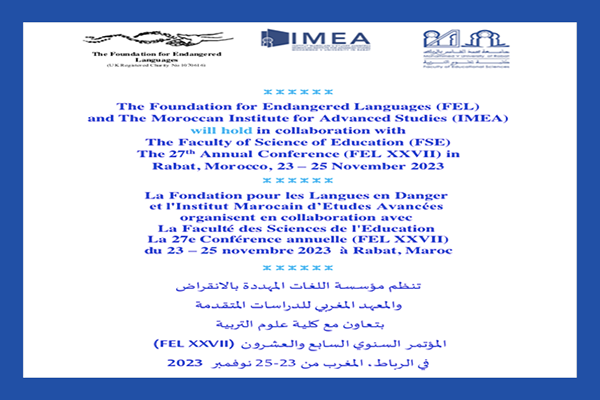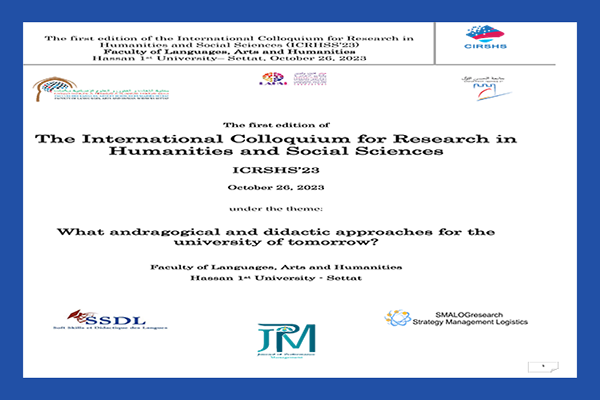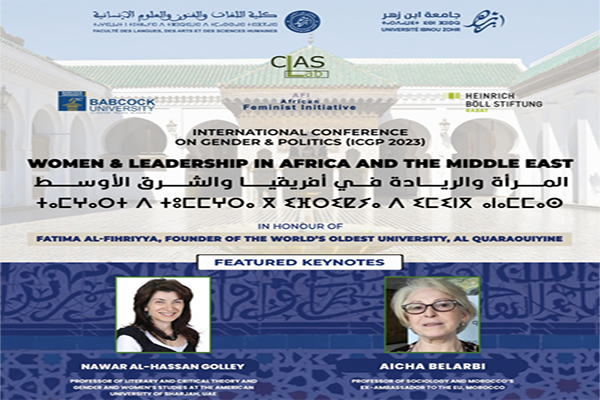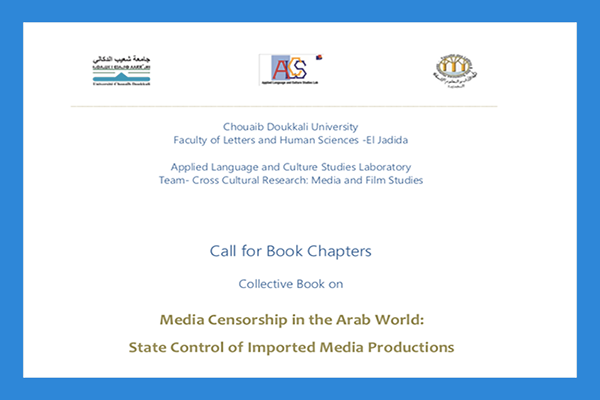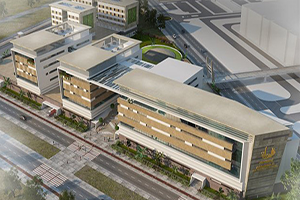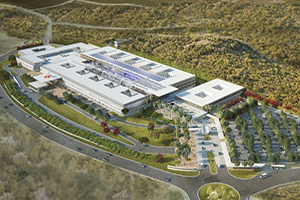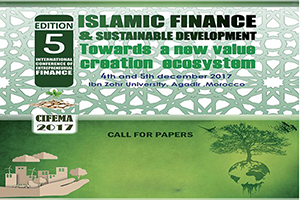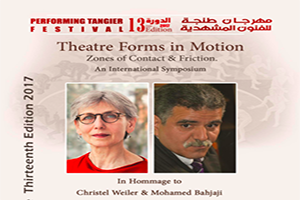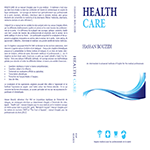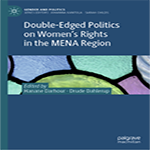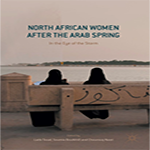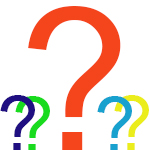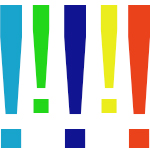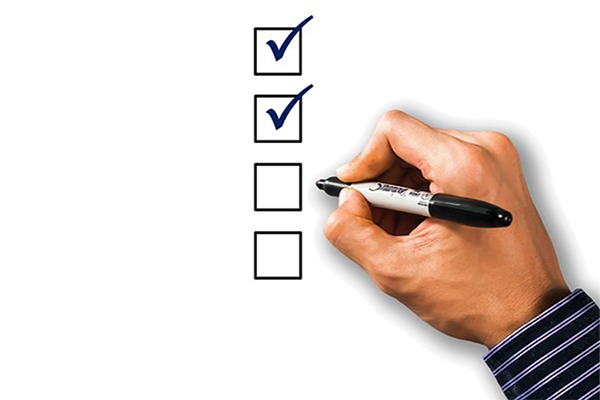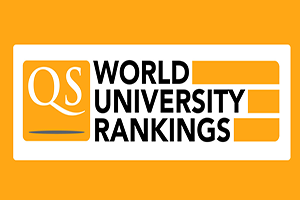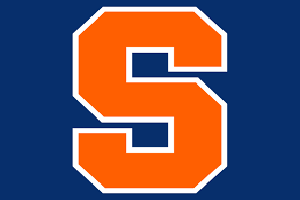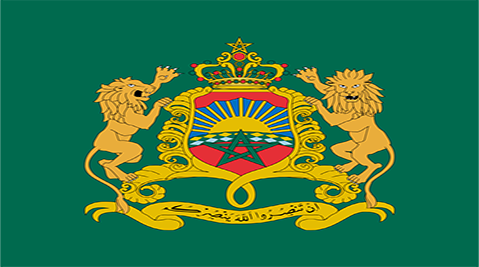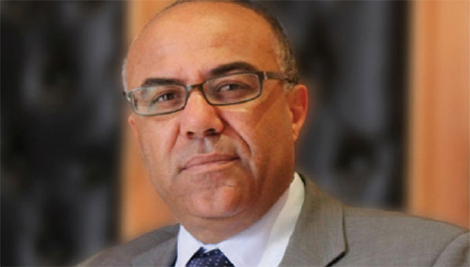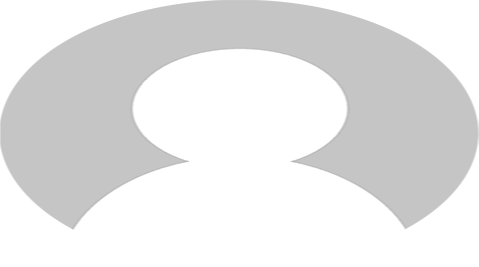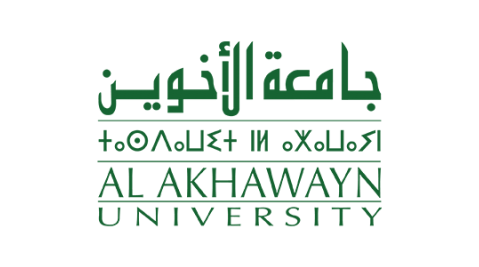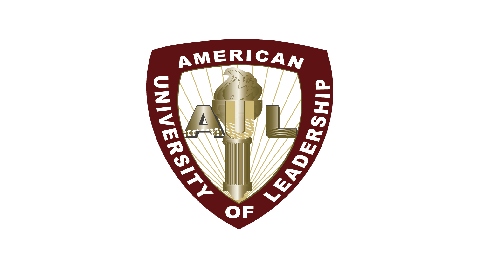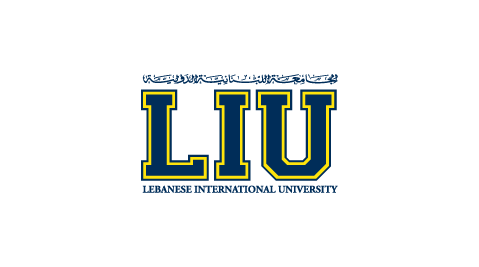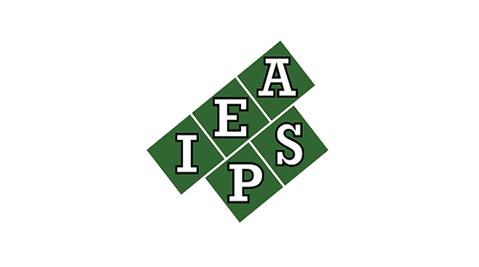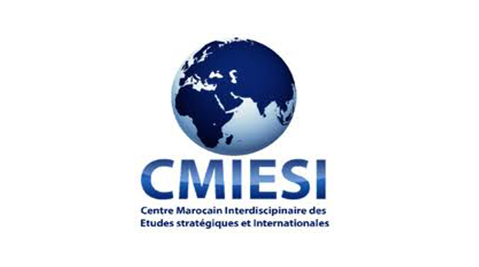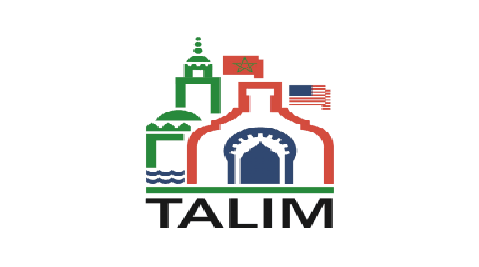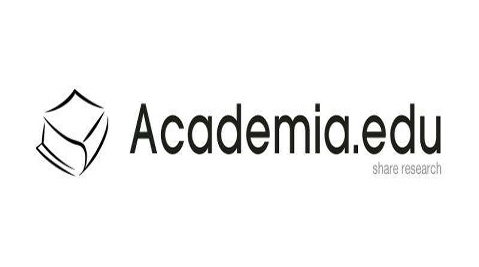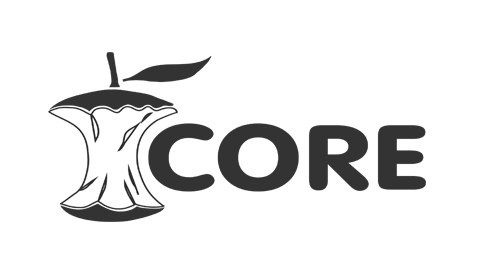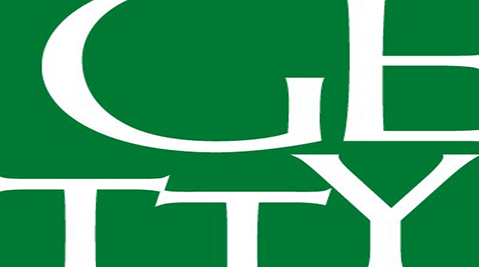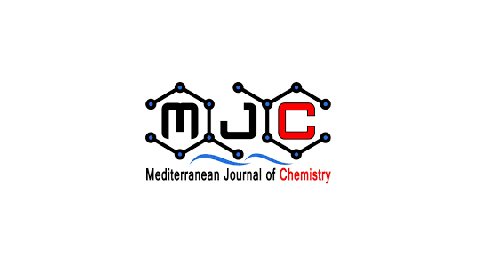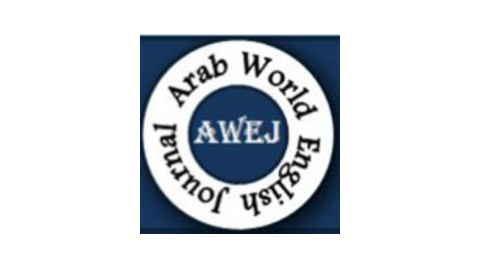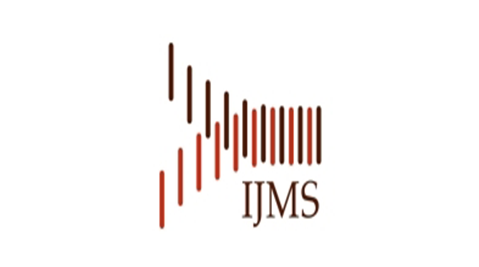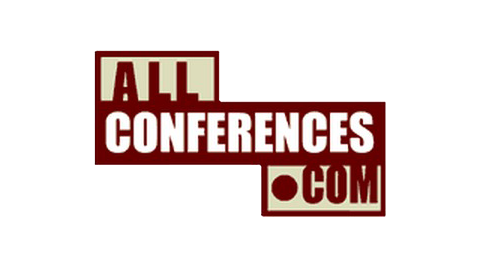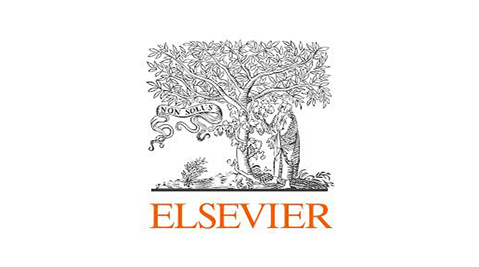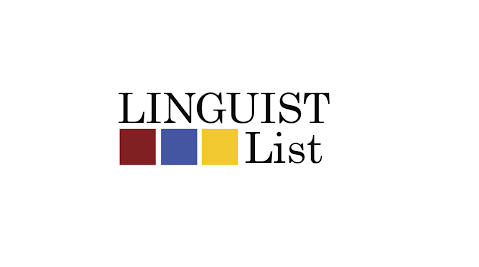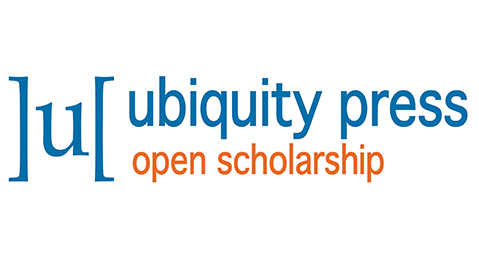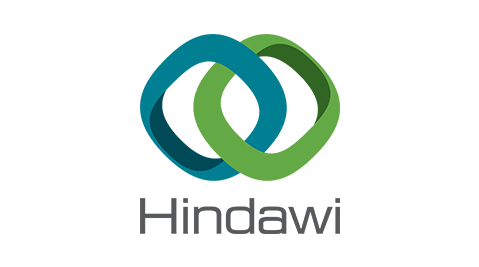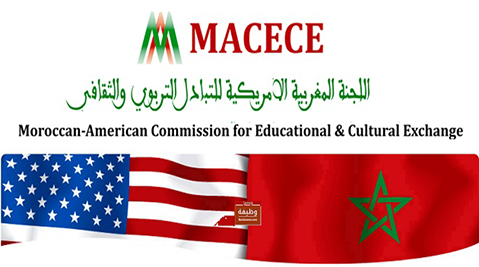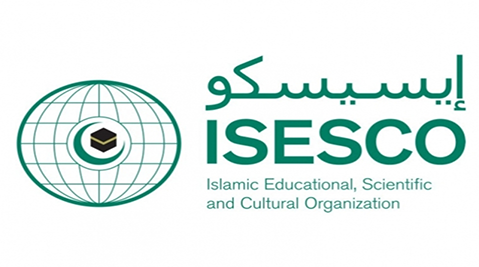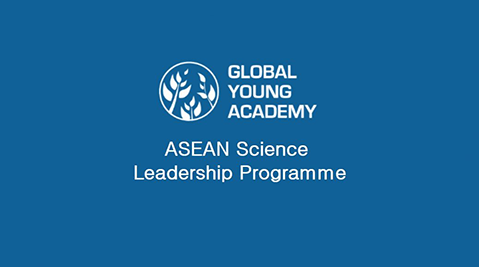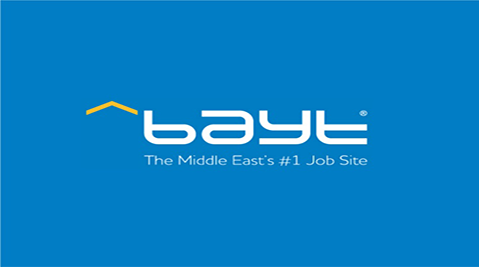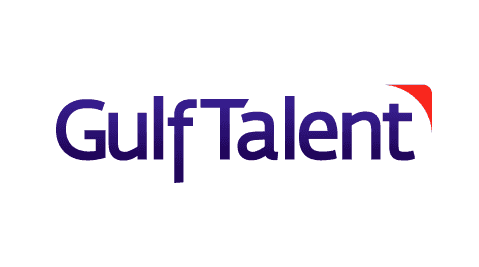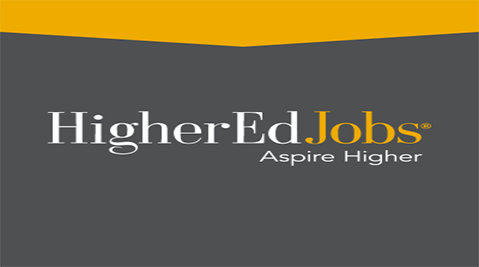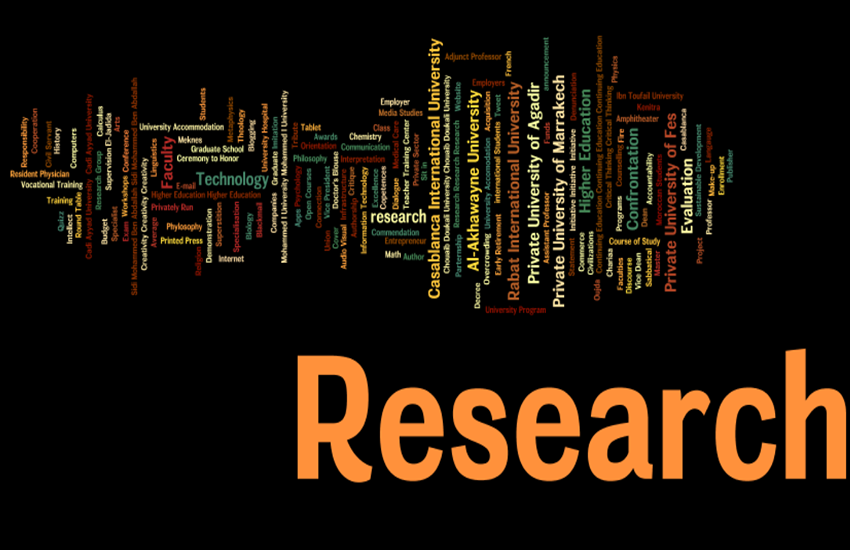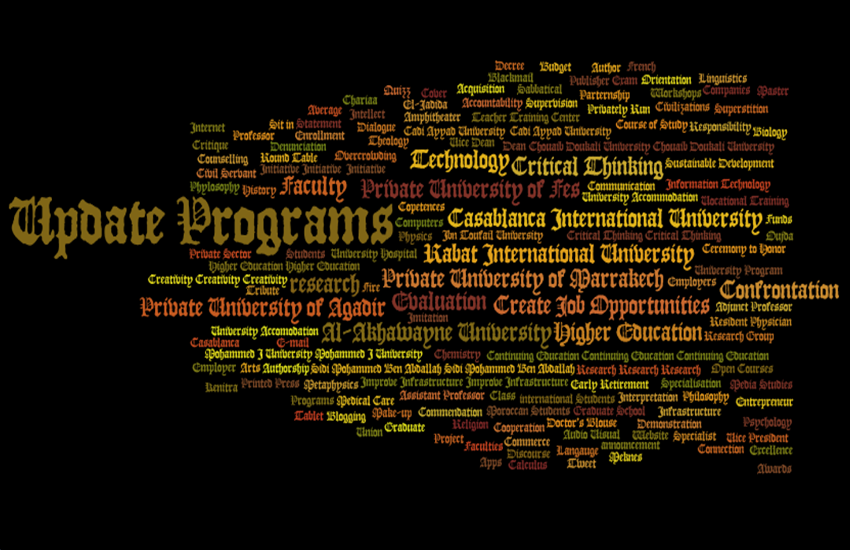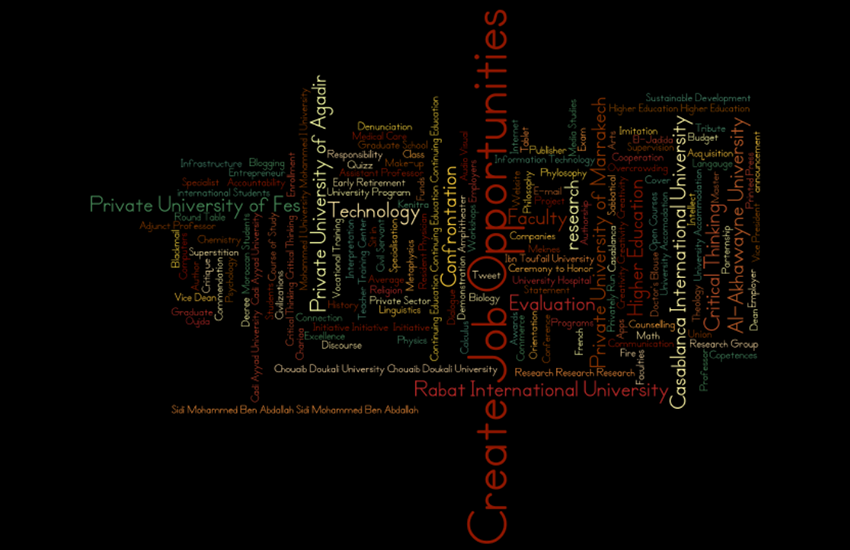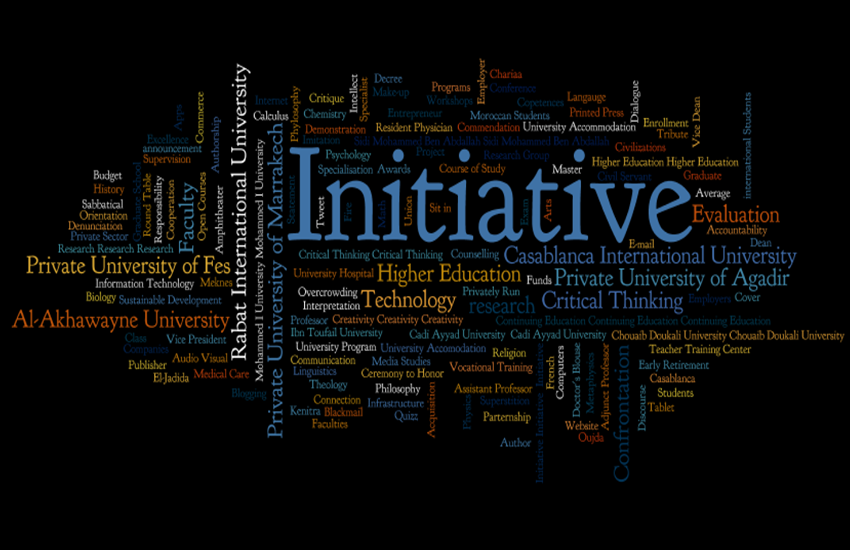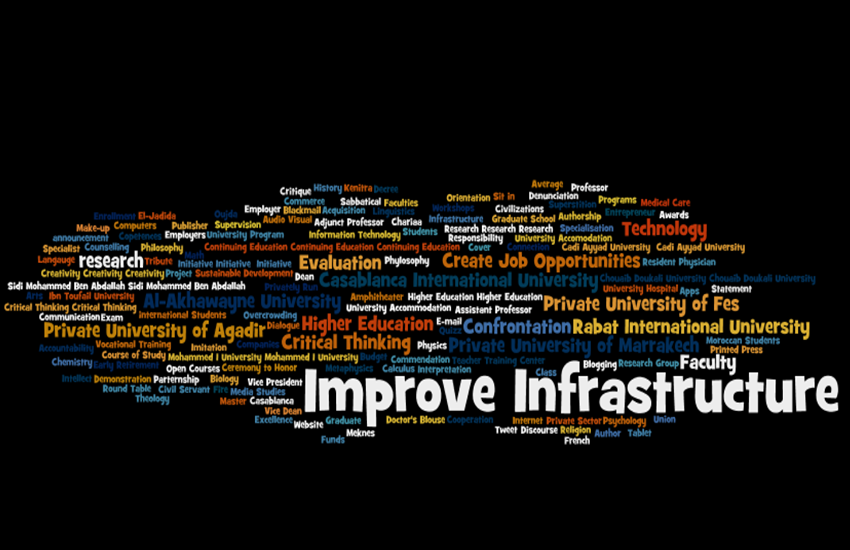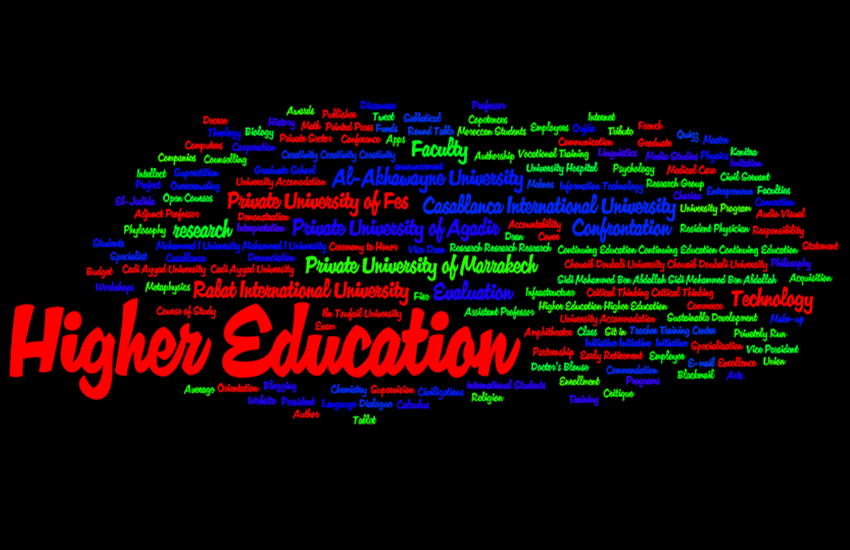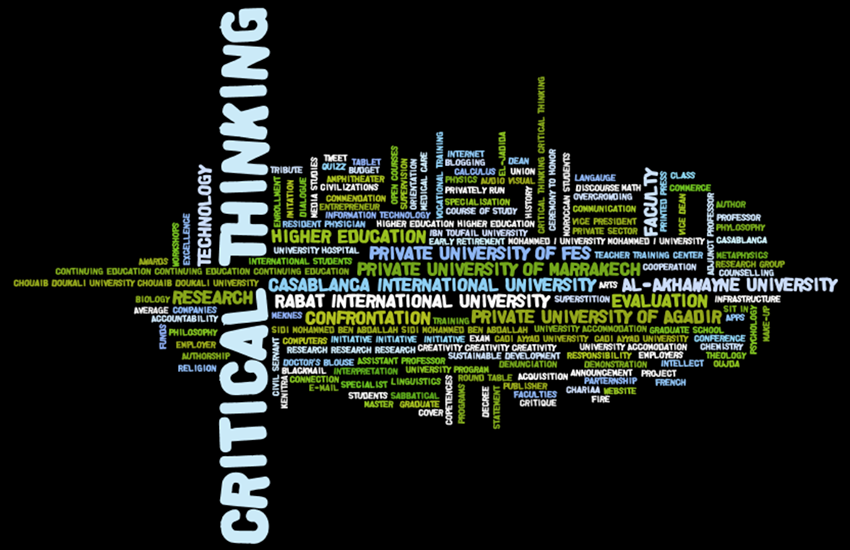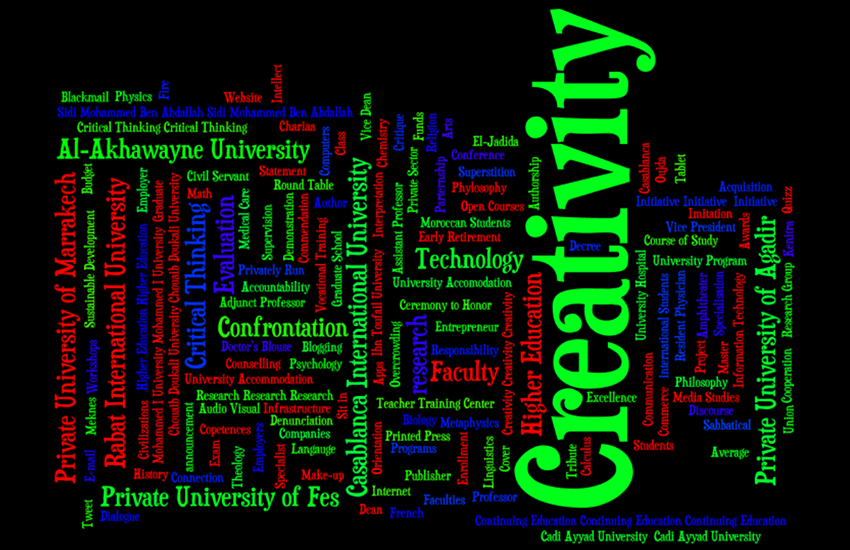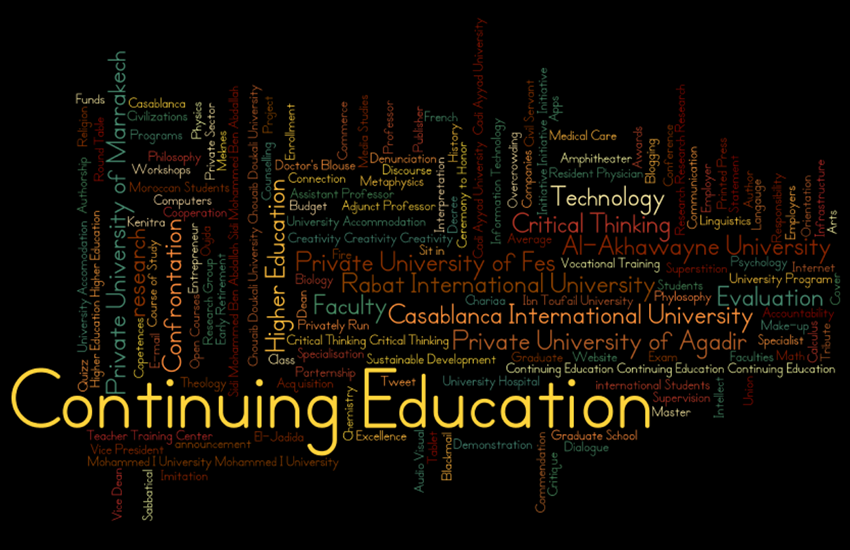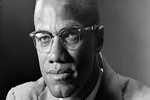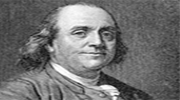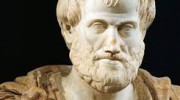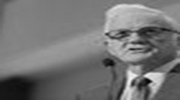Minister/Secretary of State
Administrators
Academics
Moroccan Students Home
Moroccan Students Abroad
International students
Programs, Courses, Talks
Infrastructure
Partnerships
Media
Higher Education and Research in Morocco
What are the variant appellations for Morocco? Officially, the Kingdom of Morocco, but the term Morocco is by far the most common.
What is the geographical location of Morocco? Morocco is located on the northwestern tip of Africa.
What are the borders of Morocco? Morocco is bordered by Algeria in the west, Mauritania in the south, the Mediterranean Sea in the north and overlooks Spain and Portugal across the Gibraltar straits (Worth mentioning here the Spanish exclaves of Ceuta and Melilla in the north of Morocco) and the Atlantic Ocean in the west.
Higher Education is considered to be one of the key strategic sectors Morocco is relying upon to achieve its political stability, economic prosperity and cultural renaissance.
The Higher Education sector in Morocco is run by Driss Ouaouicha, Minister delegate for Higher Education.
Higher Education in Morocco includes private institutions, privately-run institutions and public institutions. Public Higher education institutions can be broken down into two types: Open-access and limited-access.
On completion of the secondary school program (baccalaureate/higher secondary certificate), students can pursue their studies in many open-access (![]() ) higher education institutions. They are, however, required to have high baccalaureate grades and take a competitive entrance exam to attend limited-access (
) higher education institutions. They are, however, required to have high baccalaureate grades and take a competitive entrance exam to attend limited-access (![]() ) institutions. As for private and privately-run (
) institutions. As for private and privately-run (![]() ) higher education institutions, students may be required to sit for an entrance exam/interview, as well as pay registration and scholarship fees.
) higher education institutions, students may be required to sit for an entrance exam/interview, as well as pay registration and scholarship fees.
“Why do some public universities have to take the brunt of overcrowding? A case in point is Ibn Zohr University which accepts students from 4 southern regions and has a student population nearing [120,000]. The question is how do we tackle the problem of overcrowding?”
“New Universities are to be built. Adding new classrooms here and there and soliciting the help of teaching assistants from outside the university are make-shift, short-term approaches and would not solve the problem of overcrowding.”
Press articles […]

Once in a while moroccodemia conducts a survey on a particular issue pertaining to Higher education in Morocco. Please take a few minutes to complete this survey on the challenges facing public universities in Morocco.
We welcome your contributions in the form of books & articles, images & videos, dates and figures and any other materials that will enhance this website and which will undoubtedly benefit moroccodemia visitors (students, academics, administrators, employers and the civil society).
Ministry of Higher Education
Higher Education Institutions
Research Center
Digital Library
Journals
Events
Publishing House
Awards/Grants/Contests/p>
Job Opportunities
…
